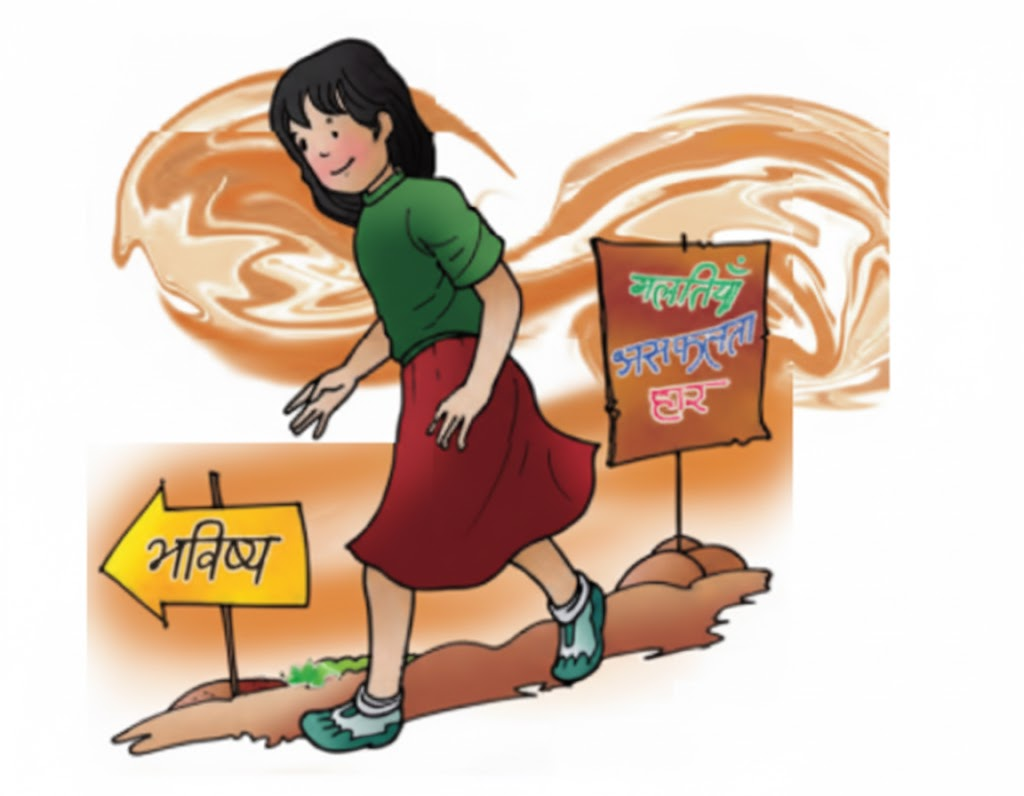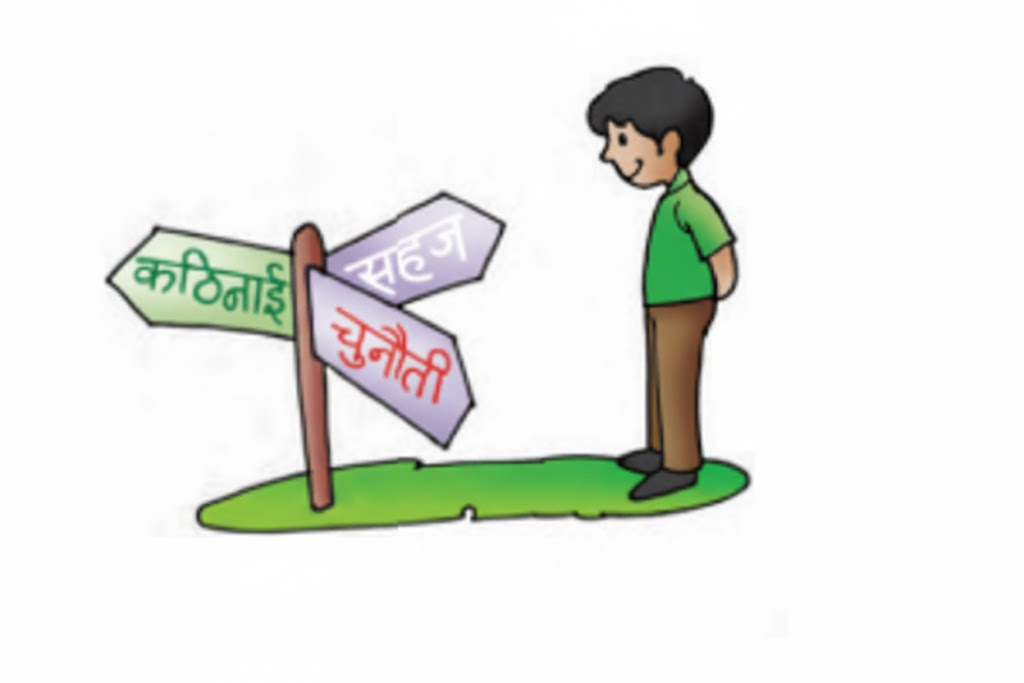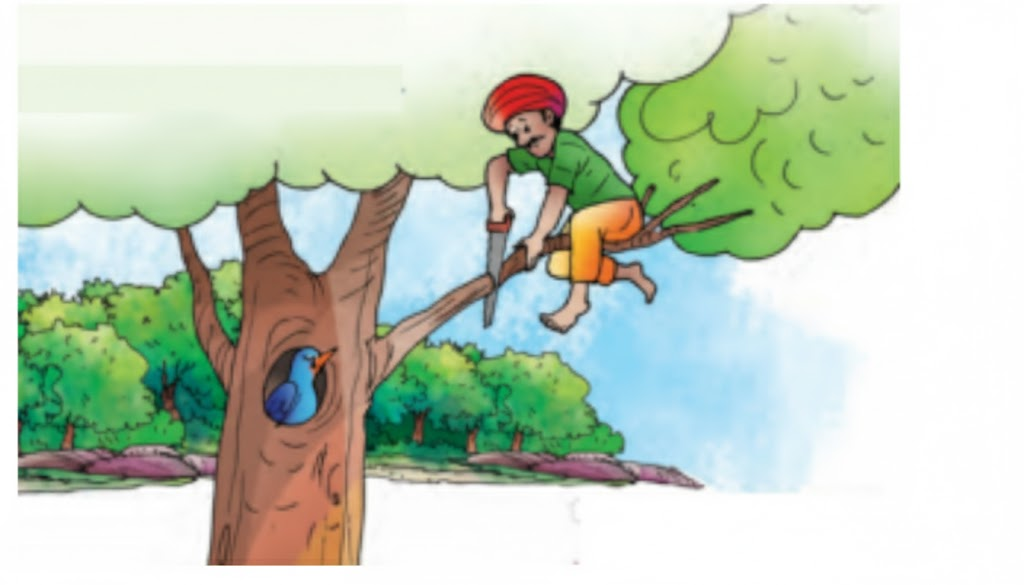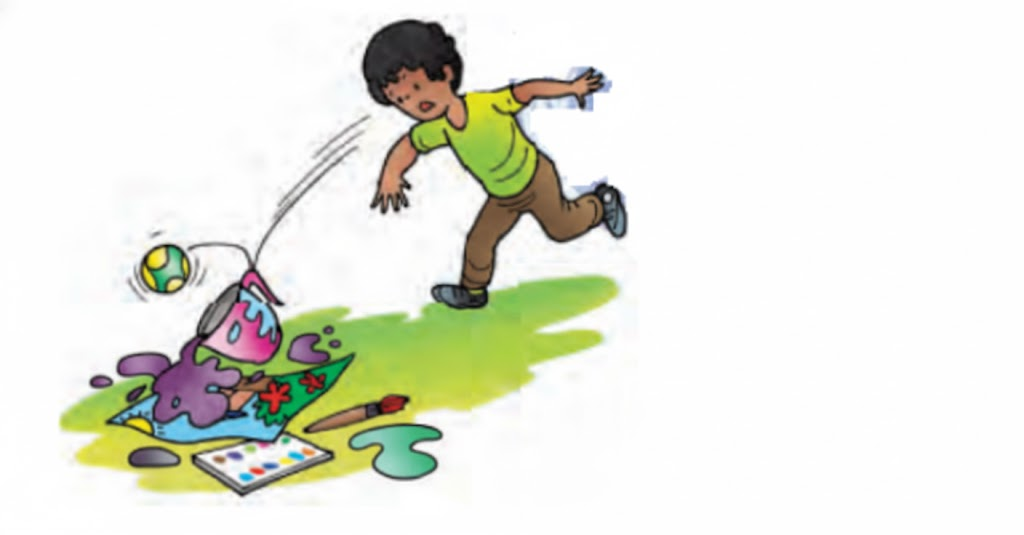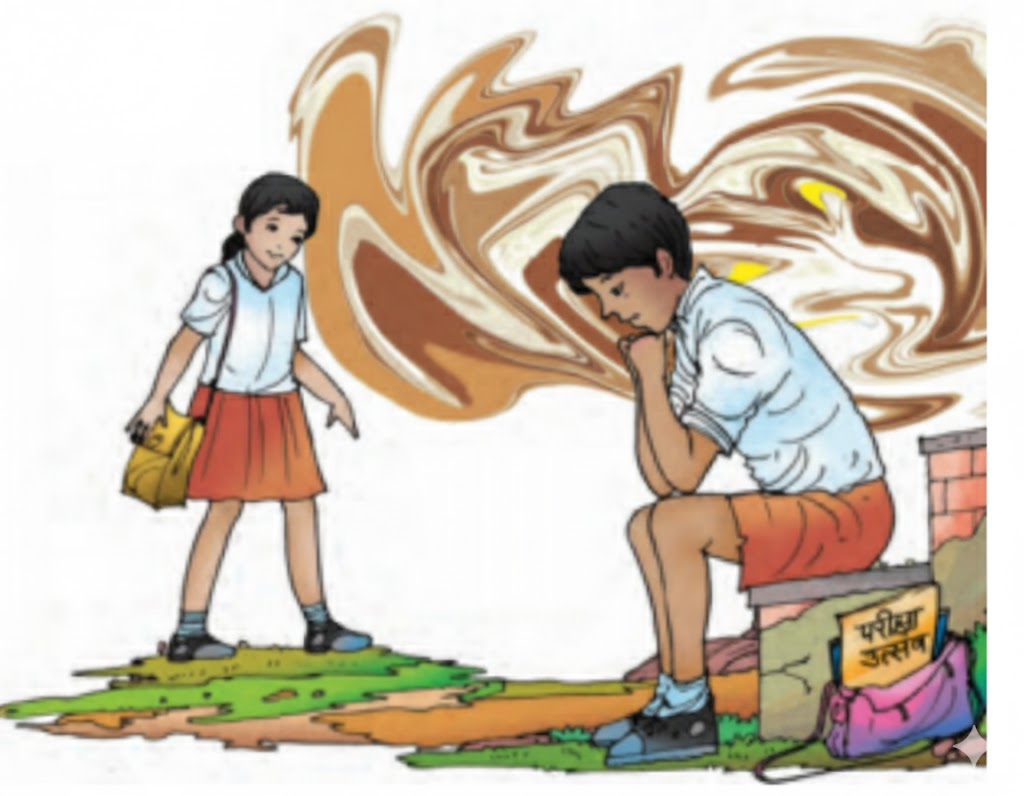Stepwise Answers and Key Explanations for Giridhar Kavirai ki Kundliyaan
FAQs on NCERT Solutions For Class 7 Hindi Chapter 6 Giridhar Kavirai ki Kundliyaan (2025-26)
1. What are the NCERT Solutions for Class 7 Hindi Chapter 6 Giridhar Kavirai ki Kundliyaan?
The NCERT Solutions for Class 7 Hindi Chapter 6 Giridhar Kavirai ki Kundliyaan are stepwise answers and explanations to all textbook questions, following the CBSE syllabus and exam marking scheme. These solutions help students understand key themes, include definitions, important points, and sometimes diagrams, to build complete exam-ready answers.
- Cover all intext and back exercise questions
- Offer stepwise solution approach for scoring full marks
- Are based on CBSE 2025-26 guidelines
- Boost revision and conceptual clarity before exams
2. How do stepwise NCERT Solutions help in scoring full marks in Hindi Chapter 6?
Stepwise NCERT Solutions for Chapter 6 ensure every mark-scoring point is covered, increasing exam accuracy and confidence. They:
- Break down each answer into logical steps as per CBSE marking scheme
- Highlight key words, definitions, and points for each question
- Show example answer structures for short and long questions
- Avoid common mistakes by clarifying complex parts
3. Where can I download the PDF of Class 7 Hindi Chapter 6 NCERT Solutions?
You can download the free PDF of Class 7 Hindi Chapter 6 Giridhar Kavirai ki Kundliyaan NCERT Solutions from trusted educational websites such as Vedantu. The PDF version allows:
- Offline access anytime
- Easy revision before exams
- Printable format for quick study
- Stepwise answers to all textbook exercises included
4. What are some important definitions and keywords from Chapter 6 Giridhar Kavirai ki Kundliyaan?
Key definitions and keywords from Class 7 Hindi Chapter 6 Giridhar Kavirai ki Kundliyaan are essential for accurate answers.
- Kundliyaan – A type of Hindi poetry written by Giridhar Kavirai
- Key poetic devices used in the chapter
- Important terms and their meanings as explained in textbook exercises
5. How should long answers be structured for Hindi Class 7 Chapter 6 exams?
To score high in long answers for Class 7 Hindi Chapter 6, follow these points:
- Start with a brief introduction to the theme or poet
- Break answer into clear points/steps
- Include definitions, keywords, and examples
- End with a concise conclusion
- Underline or highlight main keywords
6. Are diagrams or definitions required in answers for Giridhar Kavirai ki Kundliyaan?
For NCERT Solutions Class 7 Hindi Chapter 6, exam answers may require definitions, but diagrams are generally not a focus for this chapter, unless asked in exercises.
- Definitions should be brief and accurate
- If a diagram is asked, keep it neat and properly labelled
- Focus mainly on textual explanations as per the marking scheme
7. How to avoid common mistakes while writing NCERT Solutions answers for Chapter 6?
To prevent errors and negative marking in Class 7 Hindi Chapter 6:
- Understand the question before answering
- Write clear, stepwise answers using key terms from the chapter
- Avoid missing definitions or main points
- Check spelling and grammar, especially for poetic terms
8. Why should Class 7 students use NCERT Solutions for Hindi Chapter 6 revision?
Using NCERT Solutions for revision in Hindi Chapter 6 saves time and ensures all exam-relevant points are covered. Benefits include:
- Quick recall of key definitions and events
- Stepwise model answers help self-evaluation
- Handy revision notes for last-minute prep
- Concise, reliable explanations aligned with CBSE pattern
9. Which questions from Giridhar Kavirai ki Kundliyaan are most likely to be asked in the CBSE exam?
Frequently asked questions from Class 7 Hindi Chapter 6 include:
- Short answers on meaning of Kundliyaan and poetic devices
- Central idea or theme of the chapter
- Main messages given by Giridhar Kavirai
- Definitions and examples from the poems
10. Are NCERT Solutions enough for Class 7 Hindi exams?
NCERT Solutions for Class 7 Hindi are usually sufficient for exam preparation, as they align with the official syllabus and cover all textbook exercises. For best results:
- Revise each stepwise answer
- Tackle extra exemplar questions for practice
- Refer to marking scheme to present answers as required by CBSE
- Use revision notes and flash cards for key points






















